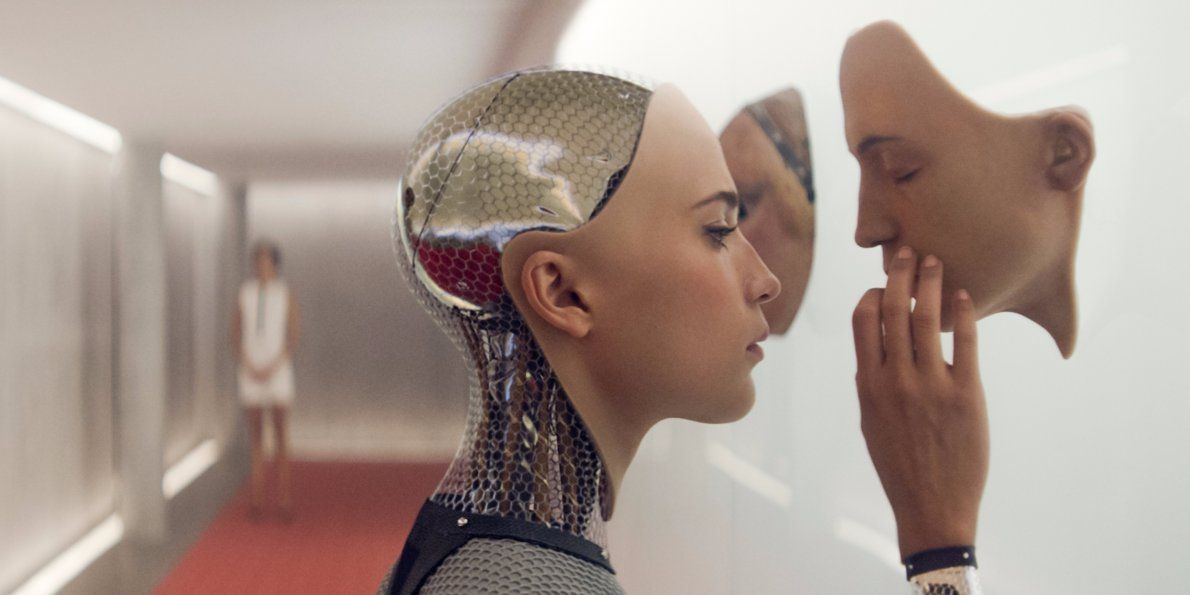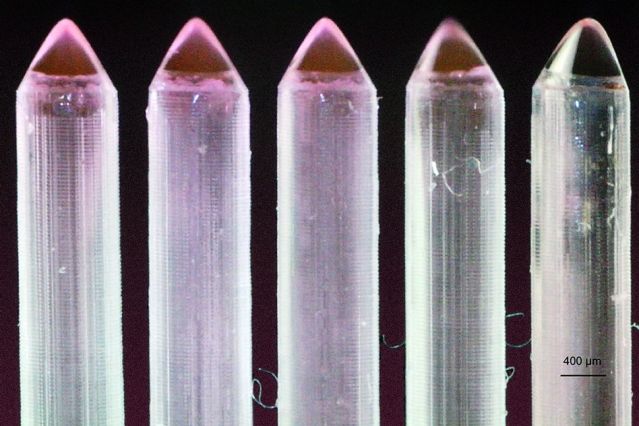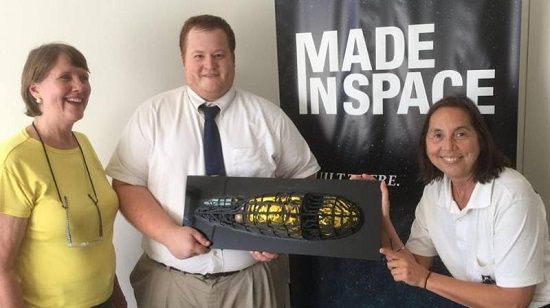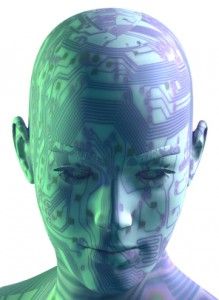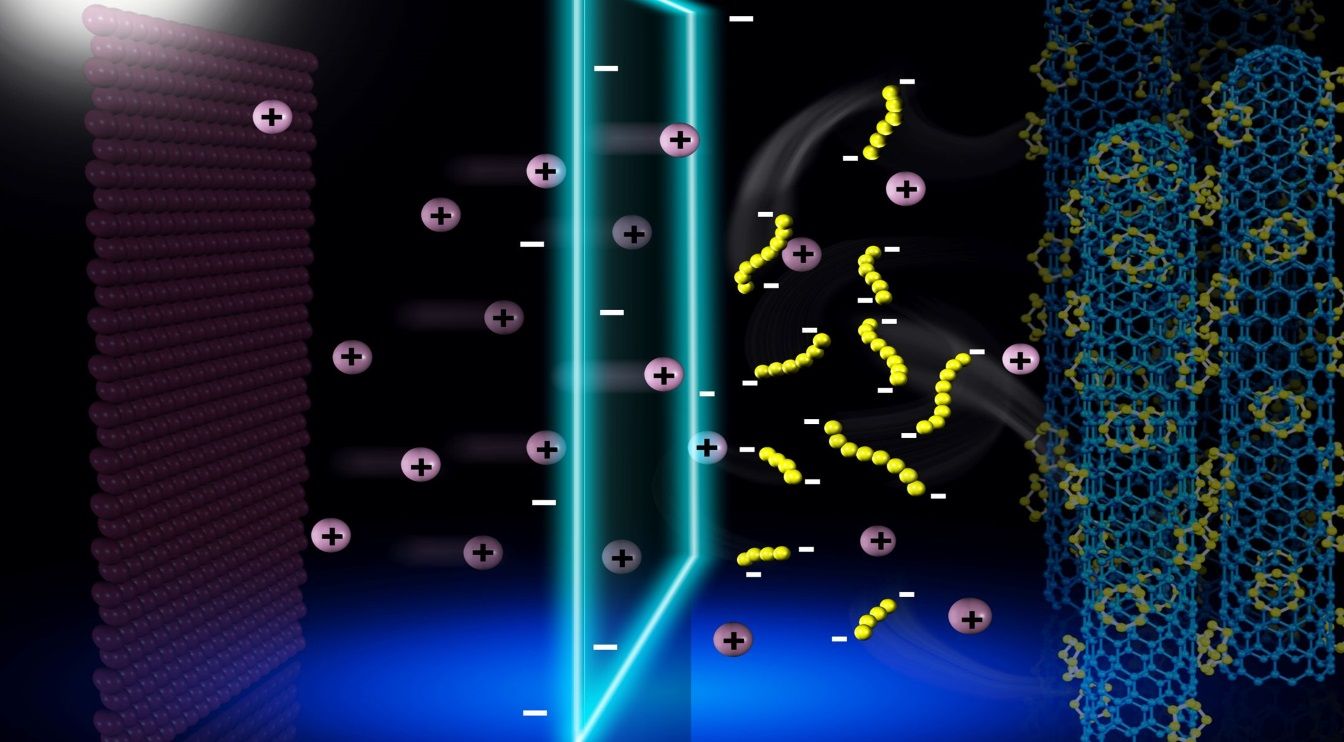
China wants to be the leading force in manned space exploration, and is exploring sending people to the far side of the moon, Mars, asteroids, and further into deep space.
Becoming the second largest economy in the world and an emerging superpower of its own, China wishes to add deep space exploration into its achievement portfolio. Besides the ongoing moon exploration, its scientists are considering going deeper into the solar system, including Mars, asteroids, and even manned deep-space mission. Liu Jizhong, director of the lunar exploration program and space engineering center, pointed out that China has to be more pioneering, tackling problems such as high speed deep space exploration, energy and power generation, space robot development, and more. He also said that China must cooperate with others as space exploration is an undertaking shared by the entire human species.
China currently intends to explore the far side of the moon, something that has never been done before. It would require a relay satellite for communication and navigation on Lagrange point, where the satellite could orbit within the combined gravitational pull of the Earth-moon system, as said by Zhang Lihua of China Spacesat Co. While China believes that robots are critical to the mission, it also believes that these trips must be manned in order to effectively leverage human decision-making. China also says they are designing footed robots to explore asteroids and better understand their material composition.
Read more
